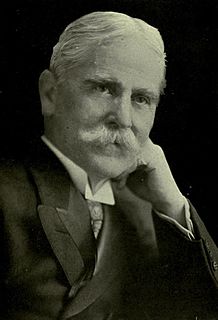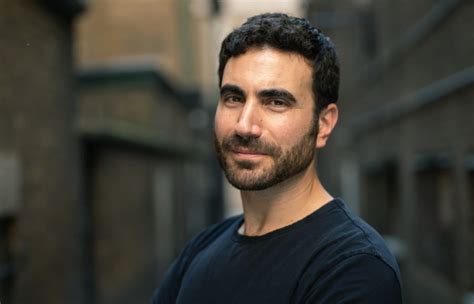A Quote by Edward Bulwer-Lytton, 1st Baron Lytton
If there is a virtue in the world at which we should always aim, it is cheerfulness.
Related Quotes
One more royal trait properly belongs to the poet. I mean his cheerfulness, without which no man can be a poet,--for beauty is his aim. He loves virtue, not for its obligation, but for its grace; he delights in the world, in man, in woman, for the lovely light that sparkles from them. Beauty, the spirit of joy and hilarity, he sheds over the universe.
I suppose the thing I most would have liked to have known or been reassured about is that in the world, what counts more than talent, what counts more than energy or concentration or commitment, or anything else - is kindness. And the more in the world that you encounter kindness and cheerfulness - which is its kind of amiable uncle or aunt - the better the world always is. And all the big words: virtue, justice, truth - are dwarfed by the greatness of kindness.
Actions seems to follow feeling, but really actions and feeling go together; and by regulating the action, which is under the more direct control of the will, we can indirectly regulate the feeling, which is not. Thus the sovereign voluntary path to cheerfulness, if our cheerfulness be lost, is to sit up cheerfully and to act and speak as if cheerfulness were already there.
Above all things endeavor to breed them up the love of virtue, and that holy plain way of it which we have lived in, that the world in no part of it get into my family. I had rather they we're homely than finely bred as to outward behavior; yet I love sweetness mixed with gravity, and cheerfulness tempered with sobriety.
The price a world language must be prepared to pay is submission to many different kinds of use. The African writer should aim to use English in a way that brings out his message best without altering the language to the extent that its value as a medium of international exchange will be lost. He should aim at fashioning out an English which is at once universal and able to carry his peculiar experience.
An aimless life is always a troubled life. Every individual should have an aim. But do not forget that the quality of your aim will depend the quality of your life. Your aim should be high and wide, generous and disinterested; this will make your life precious to yourself and to others. Whatever your ideal, it cannot be perfectly realized unless you have realized perfection in yourself.





































